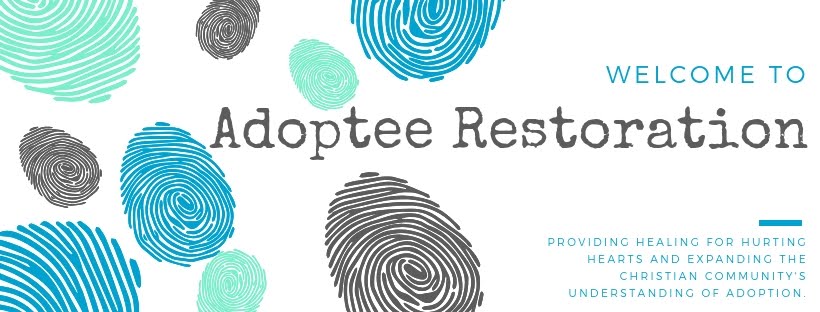Yesterday I was leading worship at church and one of the songs we did was, “Great Are You Lord” by All Sons and Daughters. I couldn’t help but think to myself even as we were singing it, “Yes, it's true. Great are you Lord! And I know You can do anything. I am still trusting you for the answers..."
Next we sang, “It is Well” by Bethel Church.
********
Grander
earth has quaked before
Moved
by the sound of His voice
Seas
that are shaken and stirred
Can be
calmed and broken for my regard
And
through it all, through it all
My eyes
are on You
And
through it all, through it all
It is
well
And
through it all, through it all
My eyes
are on You
And it
is well with me
Far be it
from me to not believe
Even when
my eyes can't see
And this
mountain that's in front of me
Will be
thrown into the midst of the sea
So let
go my soul and trust in Him
The
waves and wind still know His name
It is well
with my soul
It is well
with my soul
It is well
with my soul
It is well
with my soul
It is well
it is well with my soul
*********
As we
sang, my thoughts roamed to…will this mountain, this 48 year old mountain in
front of me EVER be thrown into the midst of the sea? Because sometimes,
keeping it real…I doubt.
Time really is running out. And yet, I do trust that I will not wait until heaven for these answers.
I wish God wasn't waiting until the midnight hour to answer, but it appears that's what He's going to do.
Because I am no spring chicken.
And neither is my natural father.
In fact, unless a miracle occurs, I'm going to find a grave.
It's all so unnecessary. No, not unnecessary for me to care about, or unnecessary for me to focus on. That's not the unnecessary part at all. The unnecessary thing is that we have an archaic system in our country whereby people don't readily know their own history.
Of course here I need to give the obligatory, "I'm thankful for my adoptive dad, my step dad, and my father-in-love..." because if I don't say it, I'm fixing to get an admonition in the comment section to focus on them, or on my husband who is a great father. Please, tell me something I don't know for once.
My eyes are on God.
I do trust.
And I really hope that by the time I am 50 years old, I will have a Father’s
Day where I actually know who my original father is.
My thoughts will not wander during worship to, "When God, when?"
A girl can
dream.




